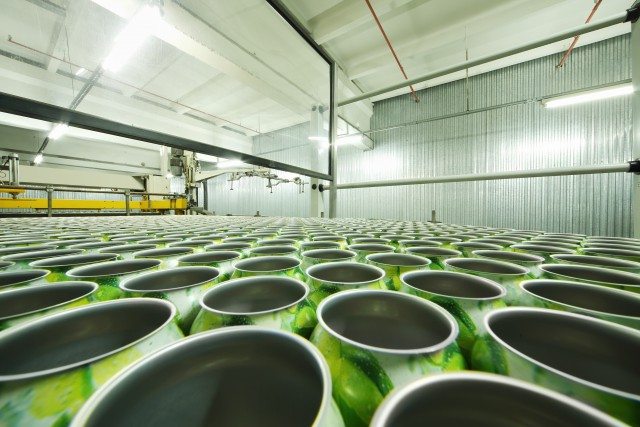In line with the level of decarbonization required to keep the average global temperature increase below 2 degrees Celsius compared to pre-industrial temperatures, Ball is committing to reduce its absolute Scope 1 and 2 greenhouse gas (GHG) emissions by 27% by 2030 compared to a 2017 baseline.
Per million dollars of value added, this equates to a 58% reduction of the company’s carbon intensity over the same period.
Additionally, it strives to reduce GHG emissions across the value chain – from mining, refining, smelting, casting and rolling, to its manufacturing, logistics and end-of-life recycling – by 25% by 2030.
To achieve these targets, the company will increase efficiency by saving energy and materials; grow renewables through the purchase of renewable energy; and cut embedded carbon by working with partners to reduce upstream impacts.
In addition to establishing its greenhouse gas reduction target, Ball also achieved a number of sustainability accomplishments during the reporting period:
– Reused or recycled 64% of the total waste generated, and 39 of its 88 packaging manufacturing plants worldwide achieved zero waste to landfill status by year-end 2017.
– Constructed sustainable beverage can manufacturing plants in Goodyear, Arizona, and Madrid, Spain.
– Saved approximately 34 million kilowatt hours of electricity and four million watt hours of natural gas, resulting in 9,900 mt less of GHG emissions.
– Launched STARcan, a next-generation beverage can.
If the production volume of 33-centiliter and 12-ounce standard cans is switched to the STAR format with a weight well below 10 g, there will be savings of about 30,000 mt of metal, or the equivalent to nearly 200,000 mt of GHG emissions.
– Reduced aluminum usage in beverage and aluminum aerosol packaging businesses by 7,700 mt in 2017, which equates to saving 58,000 metric tons of GHG emissions, or the emissions of 12,400 US passenger vehicles per year.
– Employees contributed more than 38,000 volunteer hours and donated US$5 million in charitable donations in partnership with The Ball Foundation, as well as in-kind product donations for disaster relief, employee donations and the corporate match.










